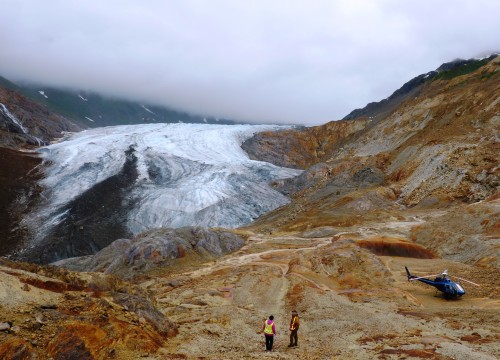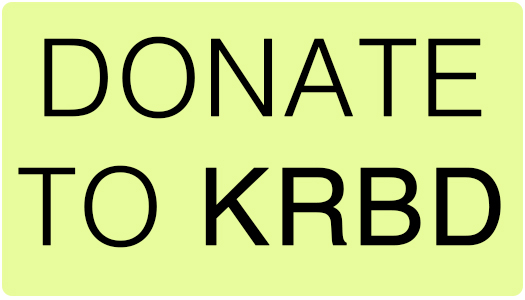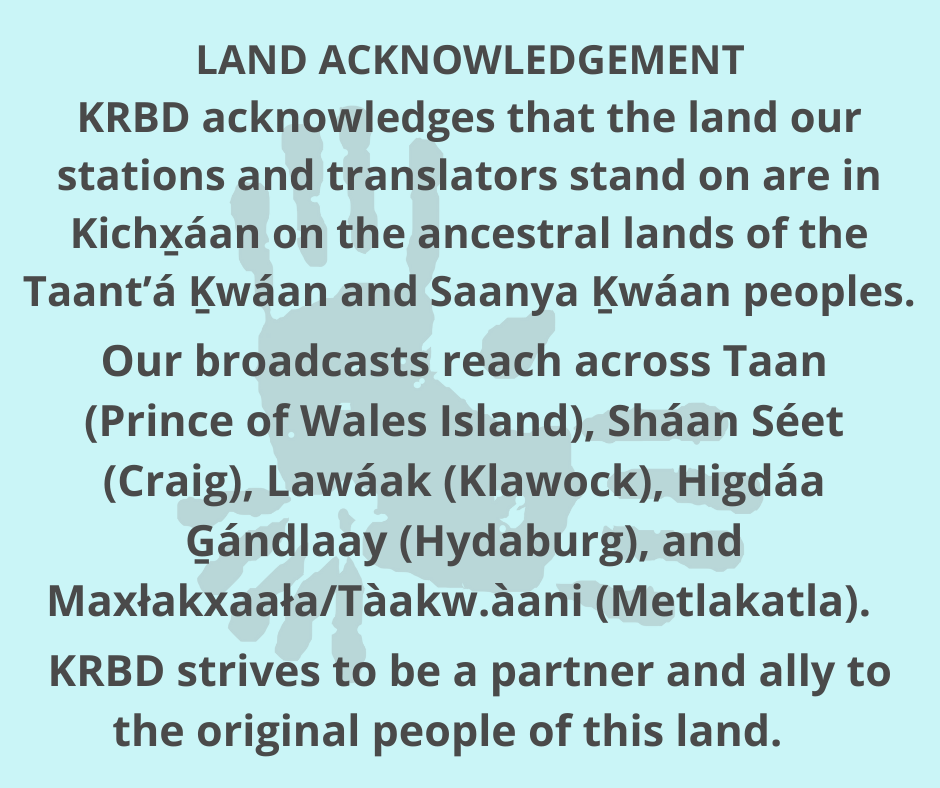
Oxidized rock colors a valley where one of Seabridge Gold’s KSM project’s open pit mines will be dug. (Ed Schoenfeld/ CoastAlaska News)
British Columbia officials say they understand why Alaskans are concerned about new mines planned for transboundary rivers. But critics on this side of the border say they’re not doing anything about it.
Canada’s farthest-west province is in the midst of a mining boom.
With government support, more than half a dozen projects are under exploration or development near rivers where Alaska salmon spawn and live.
British Columbia’s top mining official says he’s not ignoring objections from fishermen, environmentalists and tribal leaders on this side of the border.
“My message to Alaskans is not, ‘Don’t worry, be happy, nothing to worry about,’” says Bill Bennett, B.C.’s minister of energy and mines.
He recently visited Alaska to meet with government officials and address the state mining association.
“I think that people who are downstream from any industrial activity have every right to know what’s going on, to express their point of view. And we in B.C. need to be listening,” he says.
“There is no policy set that allows us to have any influence in what is happening on the Canadian side,” says Jill Weitz of Trout Unlimited.
She was part of a recent Salmon Beyond Borders tour through Southeast Alaska. Appearances in five cities drummed up opposition to transboundary river mines.
“Canada has come in and they have essentially weakened some of their environmental regulations as far as streamlining permitting processes,” she says.
Tour speakers cited plans for the Kerr-Sulphurets-Mitchell, or KSM, project, one of the most controversial near-border mines. They said its water treatment plant will not be up to Alaska standards.
Bennett says that’s not true. He says B.C.’s government has strict rules to protect the environment from mine runoff and other pollution.
“It’s just not credible to suggest that somehow or other we have some sort of a weak process in British Columbia and that it’s easy to build a mine there and operate a mine there, because it isn’t,” he says.
Bennett says he wants Alaskans to know his agency has been working with the state Department of Natural Resources to address concerns.
He says the same is true for developers of the KSM.
“I had assumed that if the Department of Natural Resources was engaged in the assessment of the KSM project that first of all, the public would be aware of that. And that secondly, the officials involved would be accountable to some elected folks,” Bennett says.
Salmon Beyond Borders and other critics, including several state lawmakers, don’t have much faith in that process.
Weitz, of Trout Unlimited, says they’re lobbying for a U.S.-Canada panel that considers cross-boundary issues to take it up. She says her coalition wants the panel to look at all the transboundary projects, not just one or two.
“This is going to be a big push in order to have this International Joint Commission look at this issue as a regional issue, rather than project by project,” she says.
Critics point to last summer’s dam break at the Mount Polley Mine, in eastern British Columbia. There, a dam collapsed, allowing more than 2 billion gallons of water laden with silt and rock to flow into nearby waterways.
They say it’s an example of what could happen near transboundary rivers.
B.C. Energy Minister Bennett disagrees.
“We are not taking any chances.” he says.
He says that mine is closed until his agency knows what caused the breach.
And he says he’s ordered fast-track government inspections of similar dams around the province. That includes the Red Chris Mine, which will open soon in the Stikine River watershed.
“I ordered all of those companies that have tailings impoundment facilities in B.C. to engage an independent engineering company that has no connection to the mining company, to the site, to come in and do a second inspection,” he says.
He calls the Mount Polley dam break huge and impactful. But he says so far, officials have not found dangerous levels of toxins in a nearby lake or its fish.
Hear earlier reports:








